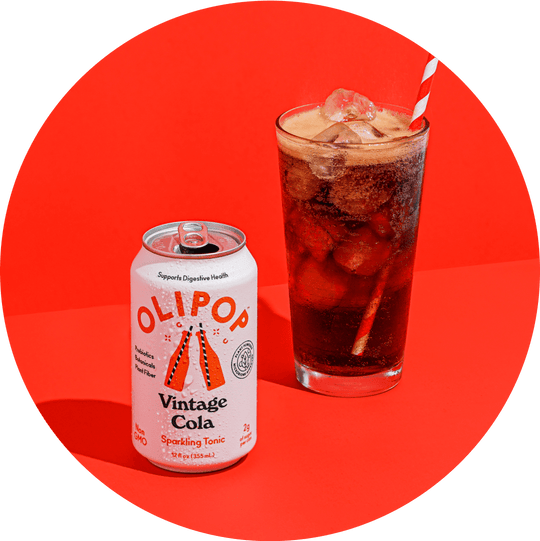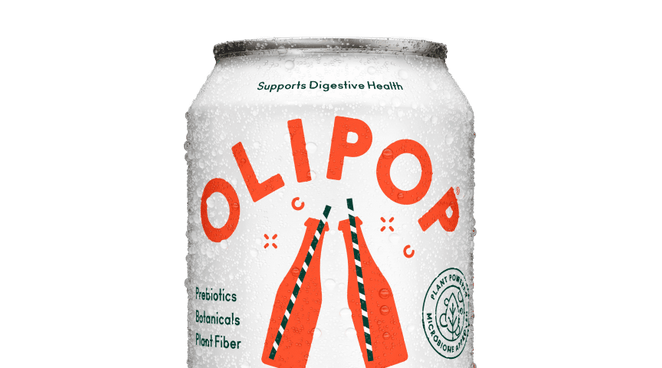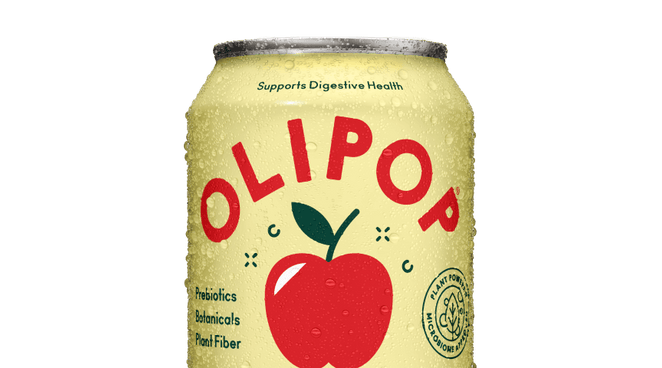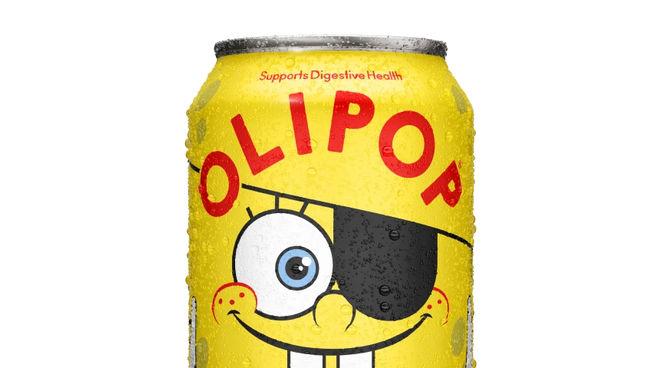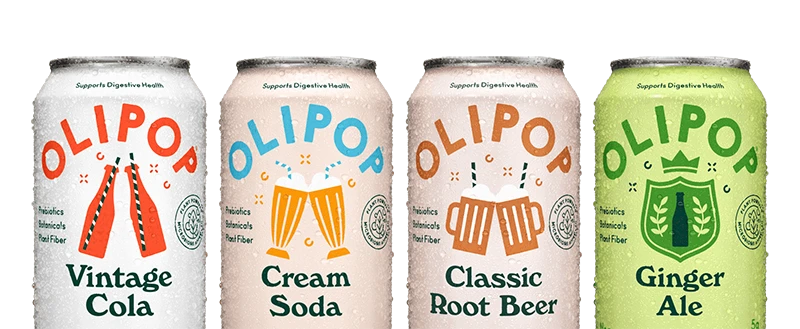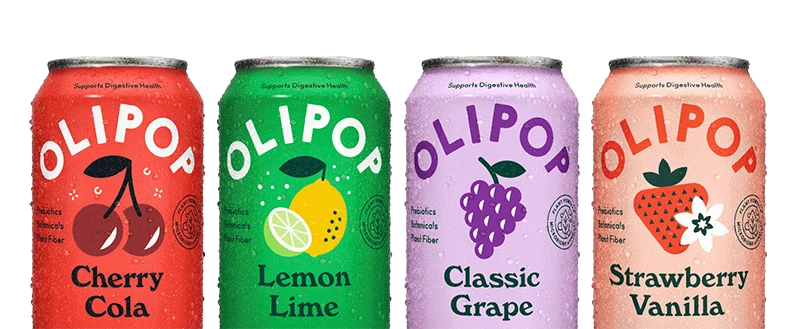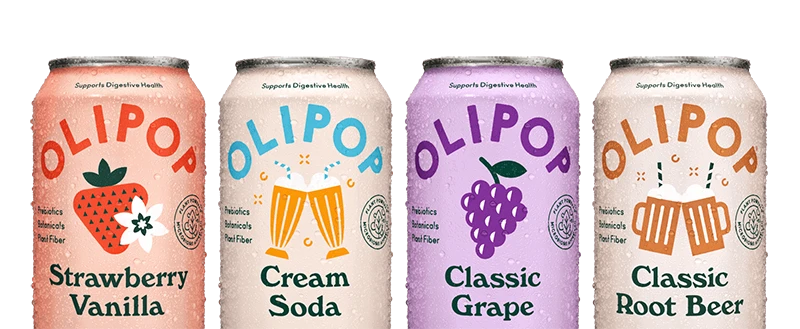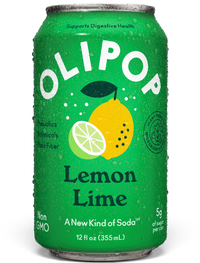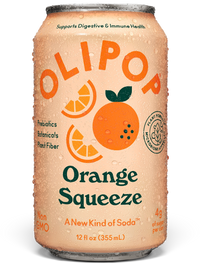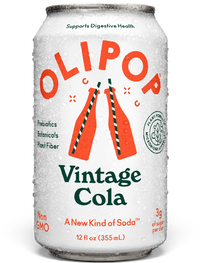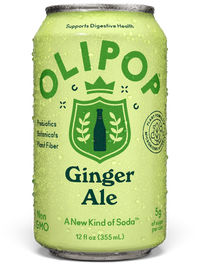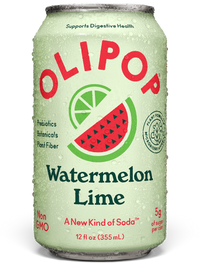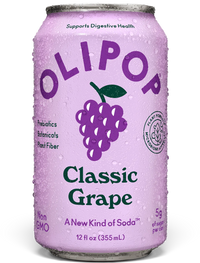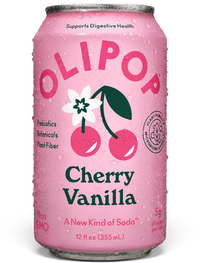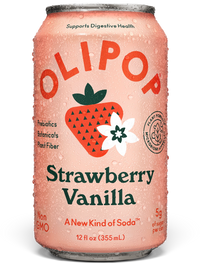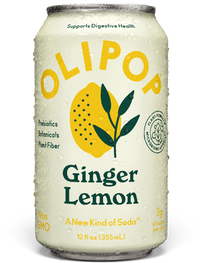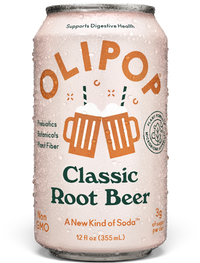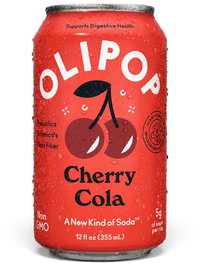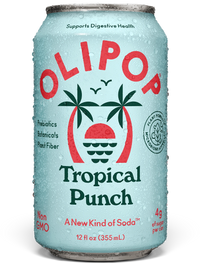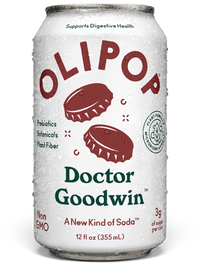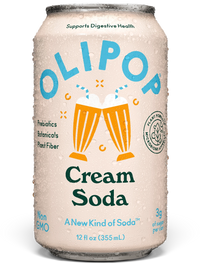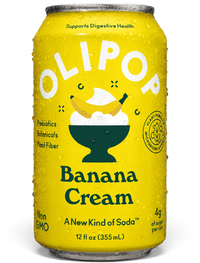Ingredients
Backed by research

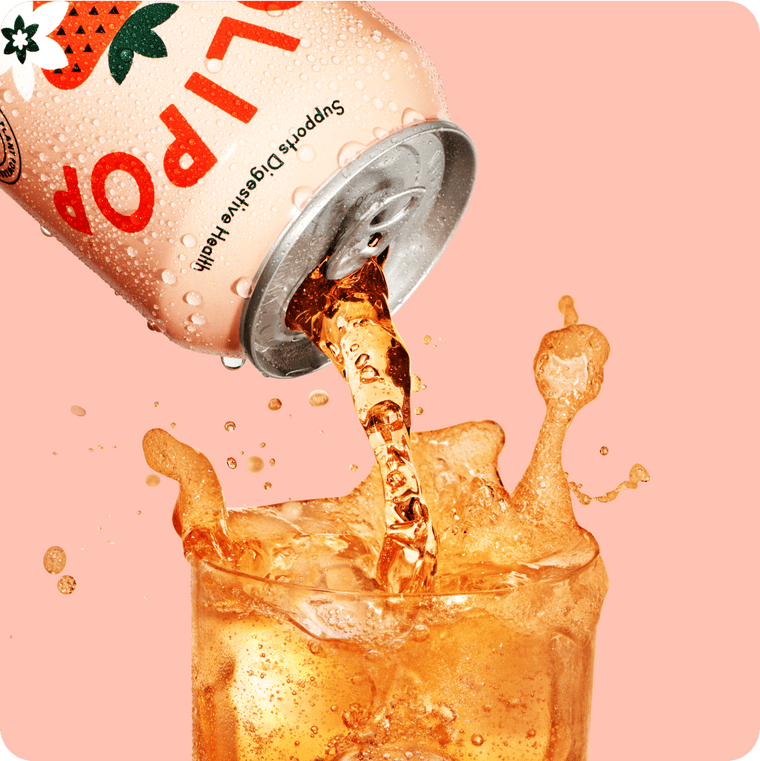

Curious how we made soda refreshing, delicious and actually good for you? It’s not magic or sorcery, but rather science. Ben, our co-founder and formulator, spent years searching for ingredients backed by research and historical evidence of working to fuel our microbiomes and improve our digestive health.

OLISmart: Our Functional Formula
Our functional formula, trademarked OLISmart, sets OLIPOP apart from other sodas. OLISmart contains a blend of botanicals, plant fibers, and prebiotics, each hand-picked for their distinct biome-supporting benefits.
Nutritional information for our new shelf-stable multi-packs can be found here.
Our OLISmart Ingredients
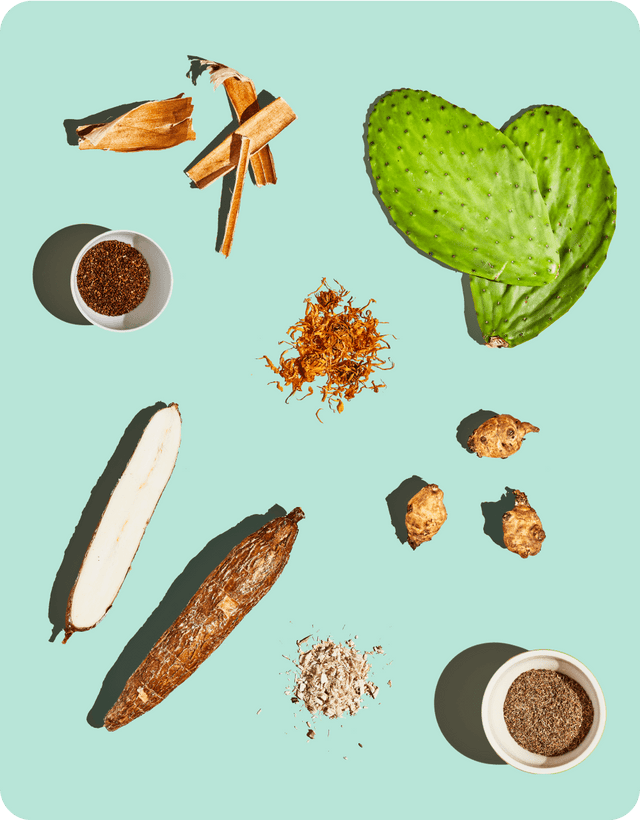
Quality in Every Can
High Fiber
Less Sugar*

Non GMO
Prebiotics
Digestive Health Support
Vegan
Gluten Free
Paleo
A New Kind of SodaTM
High fiber
|Less Sugar*
|
Delicious Flavors
OLIPOP tastes like the soda you grew up sipping, but with the added benefit of microbiome and digestive health support. With plant fiber, prebiotics, botanicals, and a touch of magic, we made soda healthier AND more delicious!
Shop the Flavors